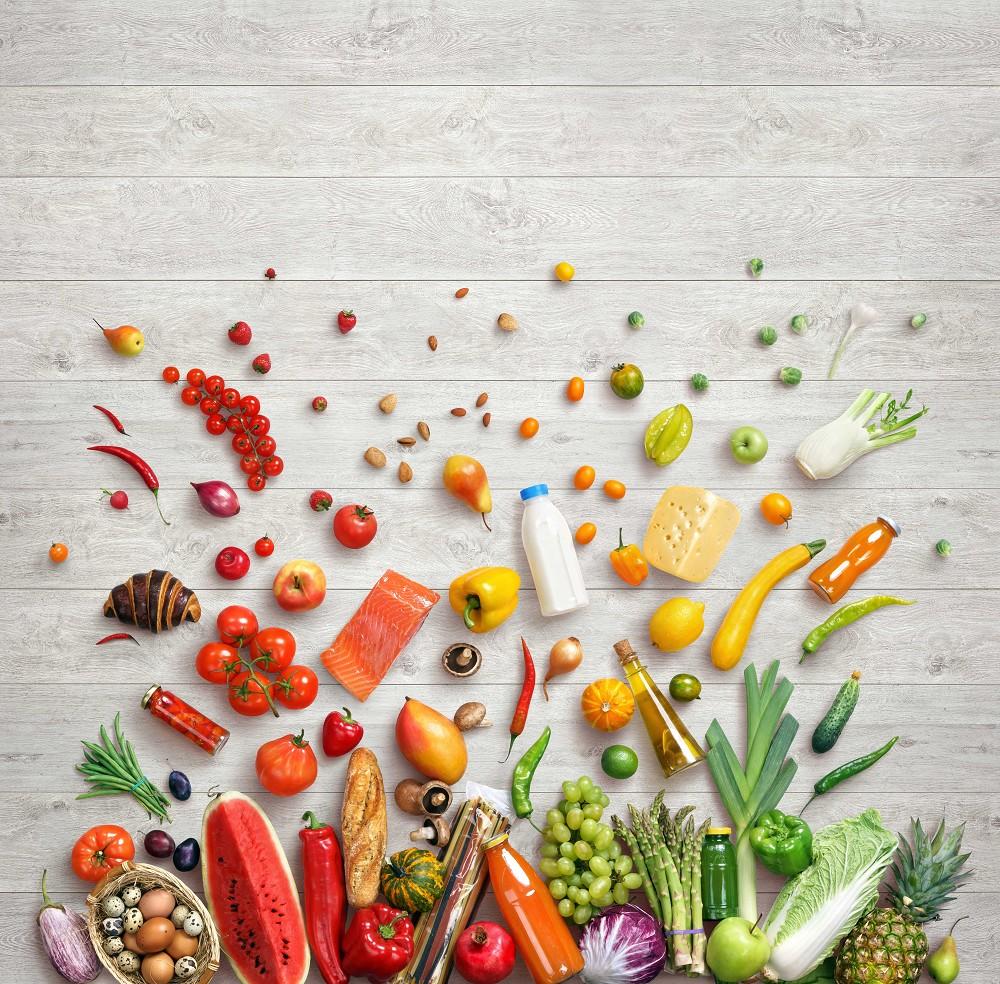Ultra-Processed Food: Don’t Risk it for the Biscuit
by Sarah Hyett

According to the Heart and Stroke Foundation, Canadians consume almost 50% of their daily calories through ultra-processed foods. This means almost half the food we eat each day has been altered with added sugar, salt, fat, preservatives, additives and/or artificial colours. Eating too much sodium, sugar, or saturated fat can increase risk of chronic diseases, including diabetes, stroke, and heart disease, as well as obesity. In fact, the World Health Organization estimates that up to 80% of premature deaths from heart disease and stroke can be prevented by eating healthy diets and being physically active.
Sheri Maltais, Registered Dietitian at the Thunder Bay Regional Health Sciences Centre, explained how processed foods fall on a spectrum from unprocessed to ultra-processed. “Unprocessed or minimally processed foods in their natural state and include fresh vegetables, grains, legumes, fruits, nuts many meats and seafood, eggs and milk,” stated Maltais. Processed foods include things like bread, cheese, tofu and canned beans. These foods have been altered to include added ingredients like oil, sugar, or herbs and are pre-packaged but not in an unhealthy way. “What consumers should really watch out for are ultra-processed foods like sugary drinks, chips, sweetened breakfast cereals, packaged soups, chicken nuggets, burgers, microwavable dinners, and deli meats. These foods contain many added ingredients that can impact our health”, shared Maltais.
When in the grocery store, Maltais suggested checking out food labels. “Look for added sugars in the ingredient list , which often hide under names like corn syrup, glucose-fructose, maltose, or fruit juice concentrate,” said Maltais. “Choose ‘no added salt’ or ‘low sodium’ items, but check the nutrition facts table to be sure extra sugar or fat, such as butter, palm oil, palm kernel oil, coconut oil, lard or shortening was not added to replace the salt,” suggested Maltais.
Dietitians of Canada recommend avoiding buying items containing nitrates. Nitrates are often listed as potassium nitrate or sodium nitrate and are commonly found in processed meats. There is strong research to link a high intake of processed meats with increased risk for colon cancer.
Maltais suggested a few strategies to limit ultra-processed foods in your diet:
- Replace sugary drinks with water
- Fill half your plate at every meal with vegetables and fruit
- Make homemade versions of your favourite ultra-processed items such as muffins
- Choose less processed replacements like steel-cut oats versus sweetened instant oats
If you are interested in learning more about how to improve your health by reducing the amount of ultra-processed food in your diet, join Maltais at the Healthy Get-Together Speaker Series hosted by Prevention and Screening Services at the Hospital. The session titled, ‘Unprocessed Food in an Ultra-Processed World’ will take place on Thursday, April 25, 2019 from 12:00 pm – 12:30pm in ICP Main Meeting Room 2178. This event is part of Eating Healthy Together, which aims to provide a supportive, informative, and healthy food environment for consumers at Thunder Bay Regional Health Sciences Centre.
To register for the event, call 684-7237. If you can’t make it to this session, feel free to view it and other recorded Healthy Get-Together sessions at www.bit.ly/healthygettogether.